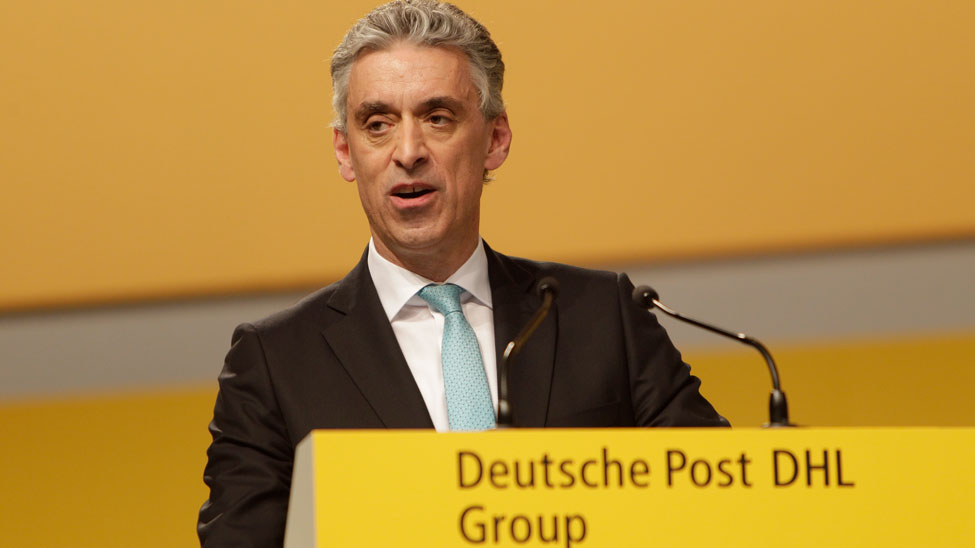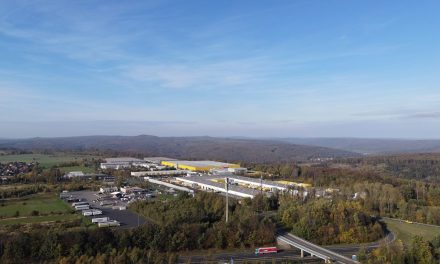
Frank Appel calls on the industry to opt for clean fuel

Deutsche Post DHL Group has published a study “Sustainable Fuels for Logistics” which highlights the progress made in the development of sustainable fuels – in particular e-fuels.
While physical logistics networks remain indispensable, electrification in local transport is already making an important contribution to the achievement of the energy turnaround today. However, commercial use of electric drive on long-haul and heavy-duty routes is not yet feasible. This is where sustainable fuels play a crucial role as they could be pivotal in reducing the climate impact of transport emissions.
“We want to connect people and improve their lives. And for the Group, this has long since included environmental and climate protection,” says Frank Appel, CEO of Deutsche Post DHL Group. “Our aim is to achieve zero-emission logistics by 2050. But this goal cannot be achieved with efficiency measures and a modern fleet alone. We also need to accelerate the transition from fossil fuels to clean alternative energy sources. This is why, strong cross-border and cross-sectoral cooperation between the political, business and scientific communities is so crucial,” he explains.
The study presents the current status of trends and developments in the sector, compares and evaluates the advantages and disadvantages of the respective drives, and shares its experiences from practical application. In addition, experts from science, associations and non-governmental organizations (NGOs) provide insights into the possible uses and current limitations of sustainable fuels.
At the beginning of October Deutsche Post DHL Group reiterated the importance of sustainability as it announced its new “Strategy 2025”.
Dr. Thomas Ogilvie, Labour Director and Board Member for Human Resources and Corporate Incubations at Deutsche Post DHL Group commented: “There’s a lot to be said for e-fuels. They can be seamlessly integrated into existing vehicles and infrastructure. At present, however, they are not economically competitive. And, as with e-mobility, there is still not enough green electricity available to ensure that their production really is climate-neutral.”
“We believe synthetic fuels will reach mass market viability in the next five to ten years. In our view, progress will depend on a cross-border, cross-sectoral approach and the development of global standards to promote the production and use of sustainable fuels internationally,” Ogilvie adds.









